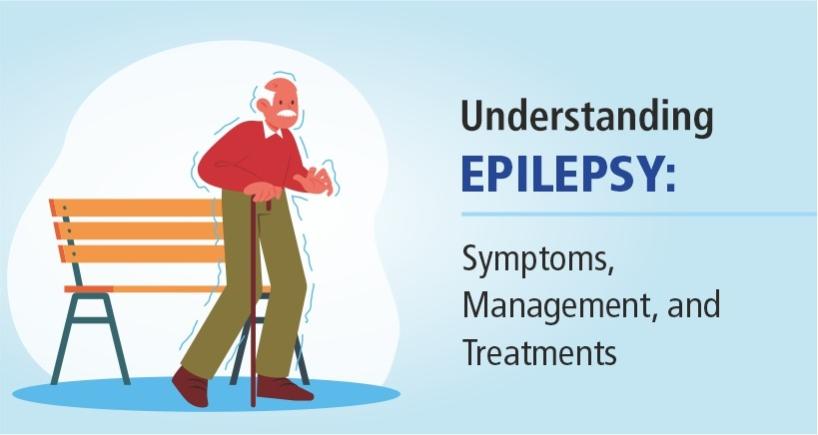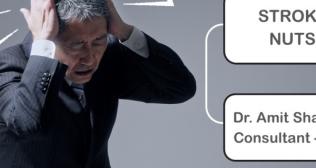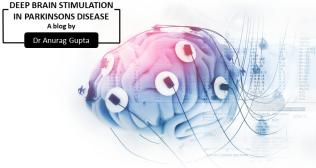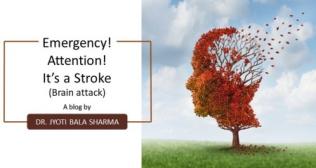
Understanding Epilepsy: Symptoms, Management, and Treatment
Epilepsy is a neurological disorder characterized by recurrent seizures, triggered by abnormal electrical activity in the brain. These seizures can vary widely in severity and presentation, impacting individuals differently. Dr. Vinit Banga, Director of Neurology at Fortis Escorts Hospital, Faridabad, provides an in-depth exploration of epilepsy, focusing on its symptoms, management strategies, treatment options, and the practical aspects of living with the condition.
Symptoms of Epilepsy
The defining feature of epilepsy is seizures, which can manifest in various forms, including:
- Convulsions: Involuntary jerking movements of the arms and legs.
- Loss of Awareness or Consciousness: Episodes of blank staring, confusion, or periods of unconsciousness.
- Strange Sensations or Emotions: Unusual feelings or emotions without a clear cause.
- Repetitive Movements: Such as chewing, swallowing, or blinking.
It's essential to note that not all seizures are epileptic. Differential diagnosis by a qualified neurologist is crucial to accurately identify epilepsy and initiate appropriate treatment.
Management of Epilepsy
Effective management of epilepsy involves a multifaceted approach aimed at reducing seizure frequency and improving quality of life:
- Medication: Antiepileptic drugs (AEDs) are the cornerstone of treatment, tailored to the type of seizures and individual patient factors. Regular adjustments and monitoring by a neurologist like Dr. Vinit Banga ensure optimal control.
- Lifestyle Modifications: Identifying and avoiding triggers such as sleep deprivation, stress, and alcohol consumption can significantly reduce seizure occurrence. Establishing a consistent sleep schedule and practicing stress management techniques are beneficial.
- Seizure Response Plan: Collaborating with family members and caregivers to develop a seizure action plan enhances safety and support during episodes.
- Regular Medical Follow-up: Scheduled appointments with a neurologist are essential to assess medication effectiveness, monitor side effects, and make necessary adjustments to treatment plans.
Treatment Options
For individuals whose seizures are refractory to medication, advanced treatments may be considered:
- Surgery: Surgical interventions, such as resective surgery to remove the seizure focus in the brain, can be an option for select patients.
- Vagus Nerve Stimulation (VNS): A device implanted under the skin that delivers electrical impulses to the vagus nerve, reducing seizure frequency in some individuals.
- Ketogenic Diet: A high-fat, low-carbohydrate diet that has shown efficacy in controlling seizures, particularly in pediatric epilepsy cases.
Living with Epilepsy
While epilepsy can pose challenges, many individuals lead fulfilling lives with proper management and support:
- Education and Awareness: Understanding epilepsy empowers patients and caregivers to recognize triggers, symptoms, and appropriate responses.
- Medication Adherence: Consistently taking prescribed medications as directed by Dr. Vinit Banga is critical for seizure control.
- Psychosocial Support: Engaging in support groups, counseling, or therapy can provide emotional support and coping strategies.
- Seizure Safety: Ensuring a safe environment and educating close contacts on seizure first aid can mitigate risks.
In conclusion, epilepsy management requires a personalized approach, integrating medical treatment, lifestyle adjustments, and ongoing support from healthcare providers and loved ones. With advances in treatment and comprehensive care, many individuals with epilepsy can achieve optimal seizure control and lead active, fulfilling lives.
This article, authored by Dr. Vinit Banga, Director of Neurology at Fortis Escorts Hospital, Faridabad, aims to provide comprehensive information on epilepsy, emphasizing its symptoms, management strategies, treatment options, and practical tips for living well with the condition.
Categories
Clear allMeet the doctor

- Neurology | Neurology
- Neurology | Interventional Neurology
-
16 Years
-
900



















